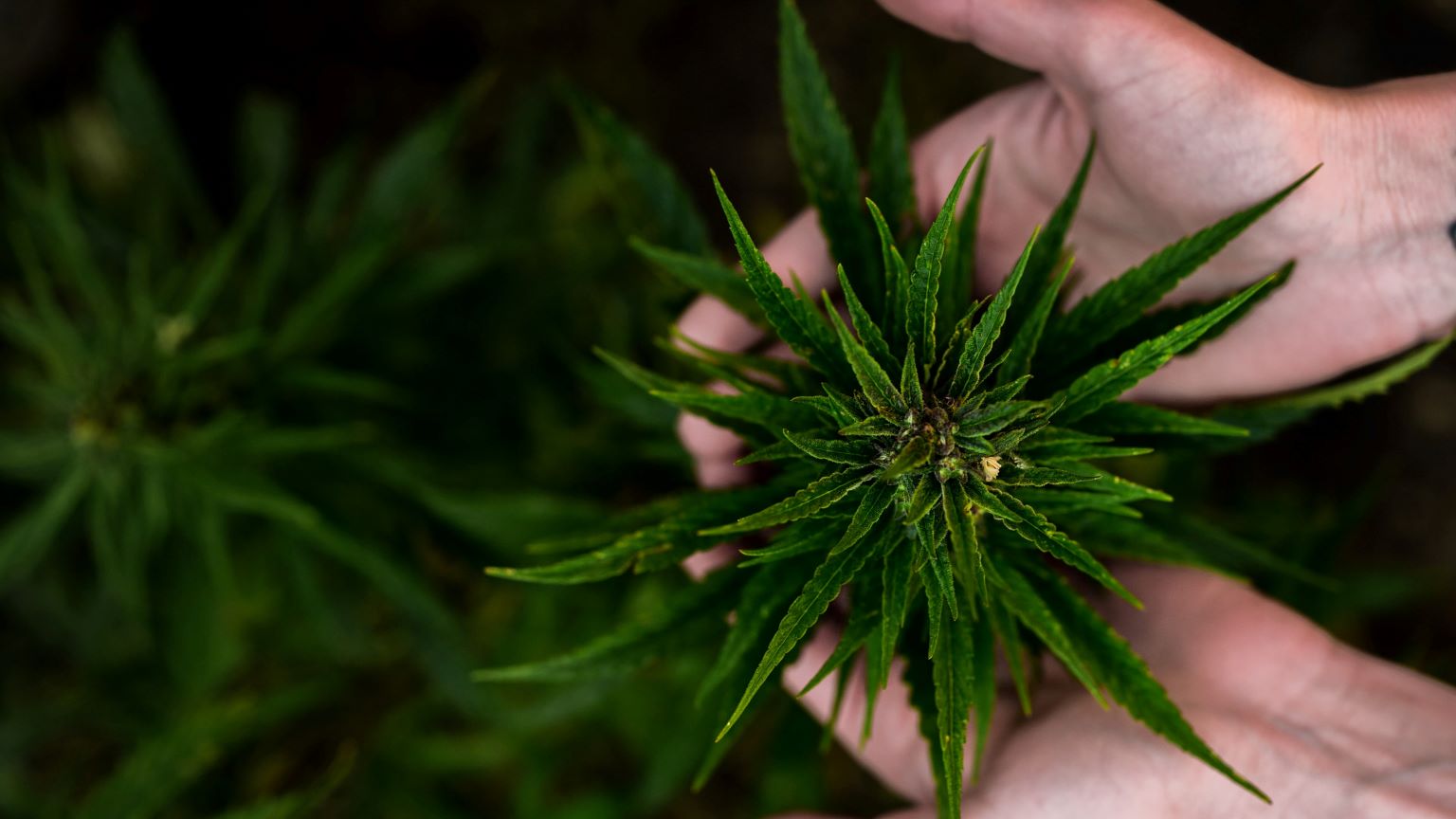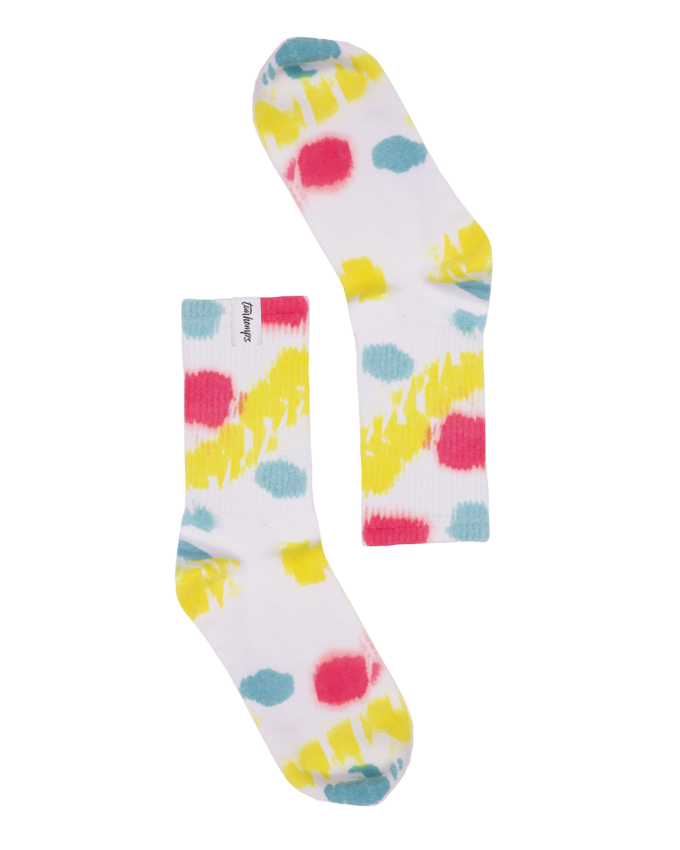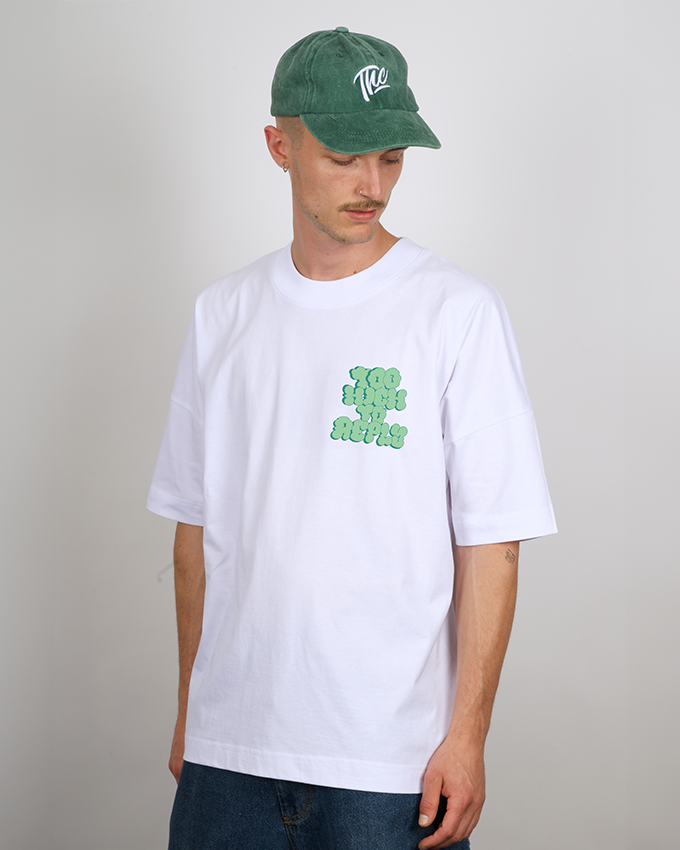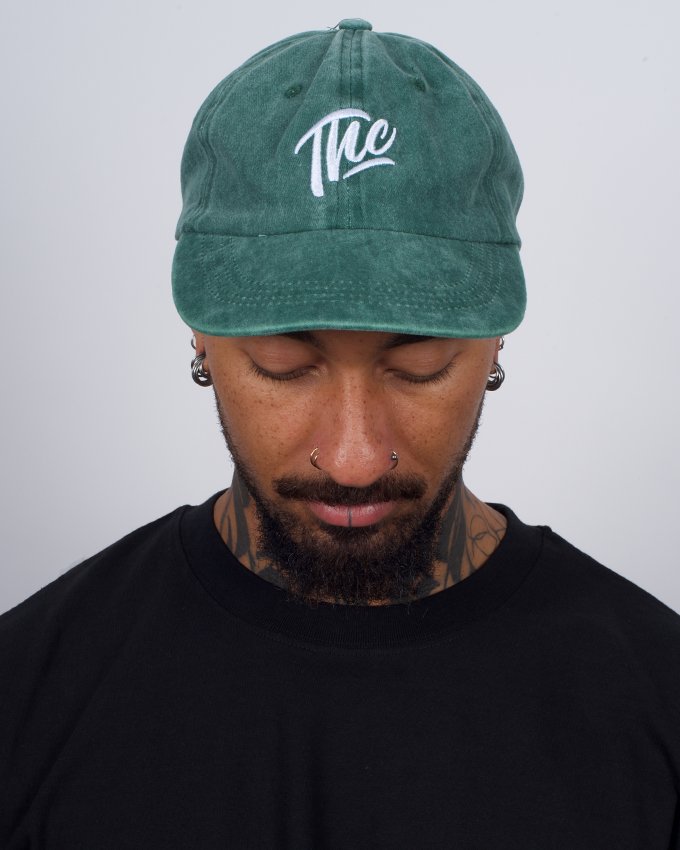CBD laws in Europe – Legislation at the EU and National Levels
We are now at the start of a new journey that began in January 2019, when the European Commission changed the entry in the novel foods catalog for cannabinoids. Novel Food is defined as food that had not been used for human consumption to a significant degree in the European Union before 15th May 1997. Previously to this decision, only enriched CBD was considered novel food.
Now a new entry Cannabinoids was created, and it states all hemp extracts to be novel. Also, the entry of Cannabis sativa L. was changed and only seed-derived products were considered food. The leaves and flowers were left in a ‘grey zone’.
The change in the form of the European Commission’s unbinding advice for the member states was disapproved by the European Industrial Hemp Association (EIHA), who called the measure ‘unnecessary, illogical and illicit’ and claimed that, although hemp extracts are not formally nor legally forbidden, many European states were taking ‘disproportionate and unjustified’ measures.
In 1998, the industry received a letter from the EU’s PAFF Standing Committee that encouraged many business decisions for the next twenty years. So that January 2019 decision marked the beginning of an important shift in legislation for the member states. At the level of the European Union, CBD was until now considered to be the unauthorized new food.
Alas, this has all now become reality, as the European Commission has changed its preliminary assessment on CBD-Oil (Cannabidiol-Oil). They now state the compound isn’t a narcotic. The change of view comes following a judgement in which the European Union Court of Justice (ECJ) ruled that CBD-Oil can’t be viewed as a narcotic.
Like every other legal product, CBD products should now be able to move between member states. CBD “can be qualified as food,” the European Commission further stated in a letter released last November 2020. The United Nations Commission on Narcotic Drugs rescheduled cannabis on the same day. Which means the new decade will see tremendous.
Changes in the EU definition
Until now, the ‘grey zone’ of the European legislative becomes even greyer knowing CBD was never listed as a food supplement in the EU. The reference EU legislation in the area of food supplements is Directive 2002/46/EC, but the use of substances other than vitamins or minerals in the manufacture of food supplements may be governed by national rules or may be subject to other specific EU legislation.
The European Commission has changed its preliminary assessment on CBD-Oil (Cannabidiol-Oil). They now state the compound isn’t a narcotic. The change of view comes following a judgement in which the European Union Court of Justice (ECJ) ruled that CBD-Oil can’t be viewed as a narcotic. Like every other legal product, CBD products should be able to move between member states.
CBD “can be qualified as food,” the European Commission further stated in a letter released Wednesday. The United Nations Commission on Narcotic Drugs rescheduled cannabis on the same day.
“Both the Decisions of the European Commission and of the UN to declassify CBD-Oil are very important for the whole hemp industry. Especially, since there is still a lot of repression in Europe about uses of CBD-Oil.”
Court judgement regarding hemp extracts:
“It must also be noted that two scientific studies submitted by OHIM state that cannabis, also referred to as ‘hemp’, is used in the food sector in different forms (oils, herbal teas) and in different preparations (teas, pasta, bakery and biscuits, alcoholic or non-alcoholic beverages, etc.). That is borne out by the documents submitted by the intervener stating that hemp is used in the production of certain foodstuffs and beverages.
The toxicological analyses carried out on those goods show that they contain a very low concentration of THC, considerably lower than the abovementioned threshold of 0.2% and that they have no psychotropic effects. Lastly, contrary to the applicant’s arguments, it is apparent from Article 4 of Directive 88/388 that the use of flavourings which do not contain any element or substance in a toxicologically dangerous quantity is permitted.
Those findings thus show, contrary to the applicant’s arguments, first, that the word ‘cannabis’ does not merely refer to drugs and to certain therapeutic substances and, secondly, that hemp is lawfully used in the production of foodstuffs and beverages.”
“Now that CBD is classified as a food, it is only logical for the European Commission to disregard the application of “novel” to foodstuffs like hemp extracts and CBD-oil and completely regard it as regular foodstuff,” said Cyrus Badde, CEO of the CBD-Oil Online Shop CBD-kaufen.com and president of the European Cannabinoids Association (cbd.limited).
“The Europe Wide ‘witch-hunt’ of CBD producing companies, should be abolished at once. In the past, many of those producers where under legal pressure because they labelled their hemp extracts as foodstuff.”
Since there is nothing novel to this food, it should not be regulated more than any other foods, if it is within the legal realm. Food safety standards have always been in place and have never been argued about. But hemp extract derived from European industrial hemp is possibly the most scrutinised food of all:
Farmers have to check it’s THC levels all the time. It has to keep in the legal THC level boundaries to be legally harvested.
Declaring CBD, CBG and other cannabinoids as ‘novel’ seems merely like a market entry barrier for every organic farmer in Europe. Its sole aim is to keep those little players off the ‘big boys’ playing field’. Food Safety standards have been met by European producers of CBD-Oil long before CBD was retroactively declared as a Novel Food in the wake of 2019. But this circumstance hammered the whole – young – CBD industry.”
Beyond its effect on the novel food approval process, the EC’s reversal on CBD sets the stage for clarification of national laws and regulations affecting CBD where necessary, broader acceptance of CBD-oil in the marketplace leading to potentially fast growth, and continued investment in the sector.
CBD-Oil products have been readily available in Europe for years, but unclear rules have caused law enforcement problems for some shop owners and producers in many countries. Bold investors have long been in CBD-Oil in Europe, but more may now be inclined to do so with fundamental regulations in place.
Now, we’re going to go through some of the particulars on the legislation as it has been applied so far in the EU member countries.
What is CBD/THC Legislation in Italy?
Some of the measures European states are now taking can be illustrated by a recently adopted resolution proposed by the Agricultural Commission in the Italian parliament. It proposes a raise in the THC level in the industrial hemp that comes from EU varieties from 0.2 to 0.3 %.
This would level it up with the rest of the global market since permitted levels of THC in CBD products in North America and Australia are 0.3 %. It also asks for the regulation on the sales of dried, chopped or pelleted biomass from the entire plant or its parts, with THC content not exceeding 0.2 %. There are no current guidelines on CBD or THC limits considering food in Italy, and this resolution calls for defining them.
In practice, to avoid leaves and flowers being left in the ‘grey area’ and to escape further regulatory confusion, some Italian companies started registering CBD hemp flower products as animal feed. However, registering pure cannabinoids such as CBD extracts as animal feed is not permitted. CBD for pet food is also forbidden.
Italians are not alone in this novel practice. Following the novel food change, many European companies approached the issue by relabelling their products. Austrian biotech company CannHelp recalled all of its CBD-based oils, foods, and cosmetics. The company has relabelled the oils so they are now categorized as “aromatic products” and, as such, placed back on the shelves.
What is CBD/THC Legislation in Germany?
The German Office for Consumer Protection and Food Safety (BVL) outlawed CBD in food and food supplements in March 2019. The products containing cannabidiol are prohibited unless they were authorized as a medicinal product or novel food. As of April, Nordic Oil and other German companies were subjected to a series of raids, with their products containing CBD confiscated.
The simultaneous searches targeted a number of shops selling CBD products. Bavaria is considered to be the toughest German federal state when it comes to cannabinoids, but the shops in other parts of the country, e.g. Hamburg, were reportedly searched on suspicion of narcotics trafficking, too.
To be noted, the largest market within Europe for CBD sales is Germany, which is expected to bring in €1.8 billion in sales by the end of the year.
CBD Oil becomes Novel Food in Spain
There have been recent regulatory changes in the legal status of CBD oil in Spain. The cannabis market in Spain is a mixture of Spanish and foreign-owned companies selling seeds, fertiliser, hemp-infused beers and CBD tinctures, oils and creams. The distributors, manufacturers, grow shops, and online vendors operate in a grey market which permits them to sell as long as they follow certain rules.
In Spain, any product that has CBD oil as one of its components cannot be sold if the THC level is above 0.2%. The prohibition is as per the international laws. Furthermore, all seeds for cultivation of hemp must be sourced from the Approved European Hemp Seed Catalogue.
In April 2019, the Spanish Agency for Consumer Affairs, Food Safety and Nutrition (AECOSAN) issued guidance that stated CBD oils, regardless of whether its origin is natural or synthetic, as well as extracts and other parts of the plant Cannabis sativa L. (flowers, leaves, and stems) are considered novel food.
THC Classified as Narcotic in Sweden
In June, the Swedish Supreme Court ruled CBD oil containing low levels of THC to be classified as a narcotic. Also, the court disagreed with the Swedish Medical Products Agency’s proposal to put the products for oral consumption or inhalation containing cannabidiol under pharmaceutical legislation.
Industrial hemp is an exemption from Swedish anti-drug legislation, and it only applies to plants, not products. Since 2017, eight companies selling CBD oil as a dietary supplement have been banned from distributing their products by the Swedish Medical Products Agency. Sweden also leads the European Union’s member states in the number of CBD notifications submitted through the EU’s Rapid Alert System for Food and Feed (RASFF) portal. Out of 35 notifications, 14 are from Sweden.
Polish Tax Classification on CBD oils
In Poland, tax classification places CBD oils in the same group as cooking oils and margarine, and therefore subjects to a 5% value-added tax (VAT) rate, comparing to a 23% rate for medical cannabis. Local reports say the Chief Sanitary Inspectorate and the police have intensified their enforcement activities on retail stores that sell CBD products. More than 20 Polish CBD stores were subjected to confiscation of their goods by law enforcement bodies.
Cannabis as “Other Smoking Tobacco” in Belgium
Another news in European legislation came from Belgium in May, when Public Finance Service (FPS Finance) issued an announcement clarifying that “plant-based smoking products containing CBD and some THC content” were legal and belonged to the category of “other smoking tobaccos”.
It defined the products as dried hemp flowers that are tobacco-free, which can be consumed through combustion if did not contain more than 0.2% THC. The Health, Food Chain Safety and the Environment (HFCSE) called the manufacturers to contact the authorities before placing any herbal product for smoking on the market. This move brings a tax of roughly 30% and an additional 21% for VAT on hemp flowers.
CBD in Europe: Ukraine and Slovakia – Virtually Illegal
Ukraine has kept its THC level at 0.08% (for seed and fiber production), and Slovakia is the only country in the European Union where CBD and THC are still illegal. Only the cultivation of industrial hemp varieties approved by the EU and with less than 0.2% THC is legal in Slovakia, and it cannot be cultivated to extract CBD. The local pharmaceutical business is also seeking approval for the development and manufacture of cannabinoid-based drugs in both states.
Romania: Under criminal law
In Romania, any consumable product originating from cannabis is controlled under criminal law. However, in 2019, a report by the European Monitoring Centre for Drugs and Drug Addiction showed that there are herbs, oils, and e-liquid at the Romanian market.
CBD in Europe: Bulgaria to Set CBD Regulation
Not all EU member states have announced the enforcement of novel food catalog guidelines on CBD, and there are unconfirmed reports that Bulgaria recently issued a license that would permit the sale of CBD food products.
CBD “Soft Drug” in the Netherlands
The Netherlands, as the biggest European hemp producer, has a legislative framework derived from the Opium Act introduced in 1912, and amended in 1976, when the distinction between ‘hard’ and ‘soft’ drugs was introduced. By this Act, CBD is not legal but tolerated as a soft drug.
The Opium Act was amended in 1999 when hemp that is produced exclusively for the fiber hemp market with a THC content of less than 0.2% was legalized. It’s still illegal to produce CBD oils because it’s illegal to produce plant extracts, so the hemp is being produced in the Netherlands and then processed abroad.
Furthermore, under Dutch law, the maximum level of THC in CBD products is 0.05%. CBD isolates and THC extracts are prohibited for sale to the public but allowed for export.
Switzerland 1% THC
In Switzerland, the legal level of THC is at 1%. In 2011 Switzerland increased the limit defining how the cannabis plant is classified under the Narcotics Control Act from 0.3 % to 1 % THC.
The number of cannabis products on offer containing CBD has expanded since mid-2016 when one company marketed a large amount of ‘low-THC’ cannabis product, regulated as a ‘tobacco substitute product’ with associated health warnings and taxation levels.
Once the information began to disseminate that products containing less than 1 % THC were not subject to cannabis legal controls in Switzerland, the marketing of these low-THC cannabis products increased.
Great Britain – CBD Legal as Novel Food
In Great Britain, the biggest CBD market in Europe, THC is listed as a controlled substance under the Misuse of Drugs Act 1971. CBN (Cannabinol) and CBDV (Cannabidivarin) are also class B controlled substances. Only CBD isolated in its pure form is not listed as a controlled substance.
Growing your own cannabis and hemp is allowed with a license from the UK Home Office for licensed medical distributors or companies that sell nutritional supplements. CBD products sold as nutritional supplements must be labeled in accordance with The Food Supplements Regulations from 2003. The sale of hemp flowers and buds is prohibited.
CBD extracts and other derived products are considered novel foods and need to gain authorization. As we are informed by the Food Standards Agency (FSA), currently there are no CBD extract products authorized as novel foods in the UK, and the products on the market are in contravention of the novel food regulations.
Photo: davide ragusa / Unsplash



